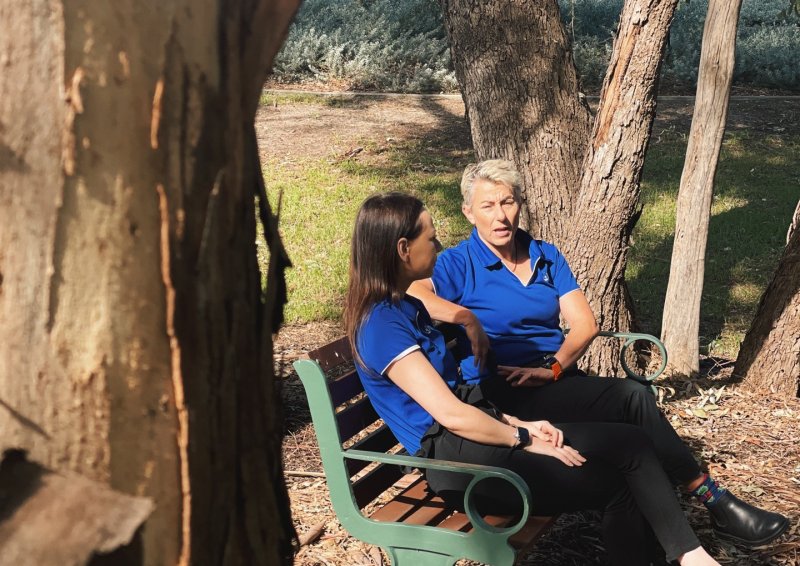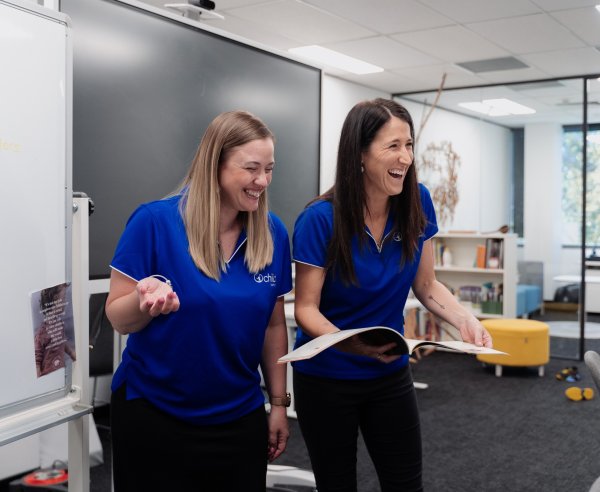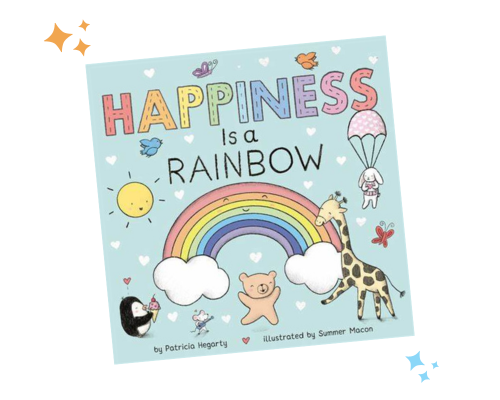More and more educators are finding themselves working with children who come from trauma backgrounds. They find themselves wondering and asking, “How can we best support these children?”
Research highlights that’s children’s biological, psychological, neurological and social wellness can be impacted by trauma. A trauma-informed approach to early learning includes educators developing a thorough understanding of the ways trauma impacts children developmentally and endeavour to recognising symptoms of trauma unique to each child.
What is a Trauma Informed Practice?
Trauma Informed Practice is a strengths-based framework where trauma survivors are seen as individuals, who have experienced extremely abnormal situations and who manage the best as they can. People within trauma-informed programs aim to understand the dynamics of traumatic stress and deliver no-harm programs.
For example, they do not re-traumatise or blame children for their traumatic reactions, they have a knowledge and understanding of how trauma affects people’s lives, they understand their needs, and they believe that recovery from trauma is possible.
What is the link to the EYLF V2.0?
The EYLF version 2.0 describes Trauma Informed Practice as a ‘responsive practice made possible by awareness of the impact of trauma on children’s learning, development, and wellbeing‘. This includes recognising the signs and symptoms of trauma in children, responding by making places and relationships feel safe and supportive to children, and helping children to develop their capacity for emotional regulation.
It is interesting to note that wellbeing is mentioned 112 times in the EYLF version 2.
What is our role as educators?
As educators, we are bear the responsibility for ensuring children’s wellbeing. The EYLF states that “when children have sound wellbeing and feel safe, they have the confidence to experiment and explore and to try out new ideas, becoming active and involved participants in learning”.
Becoming a trauma-informed organisation will assist educators in making sure they support all children to develop a strong sense of wellbeing by adopting trauma-informed practices to enhance the safety and wellbeing of children who have experienced adversity.



